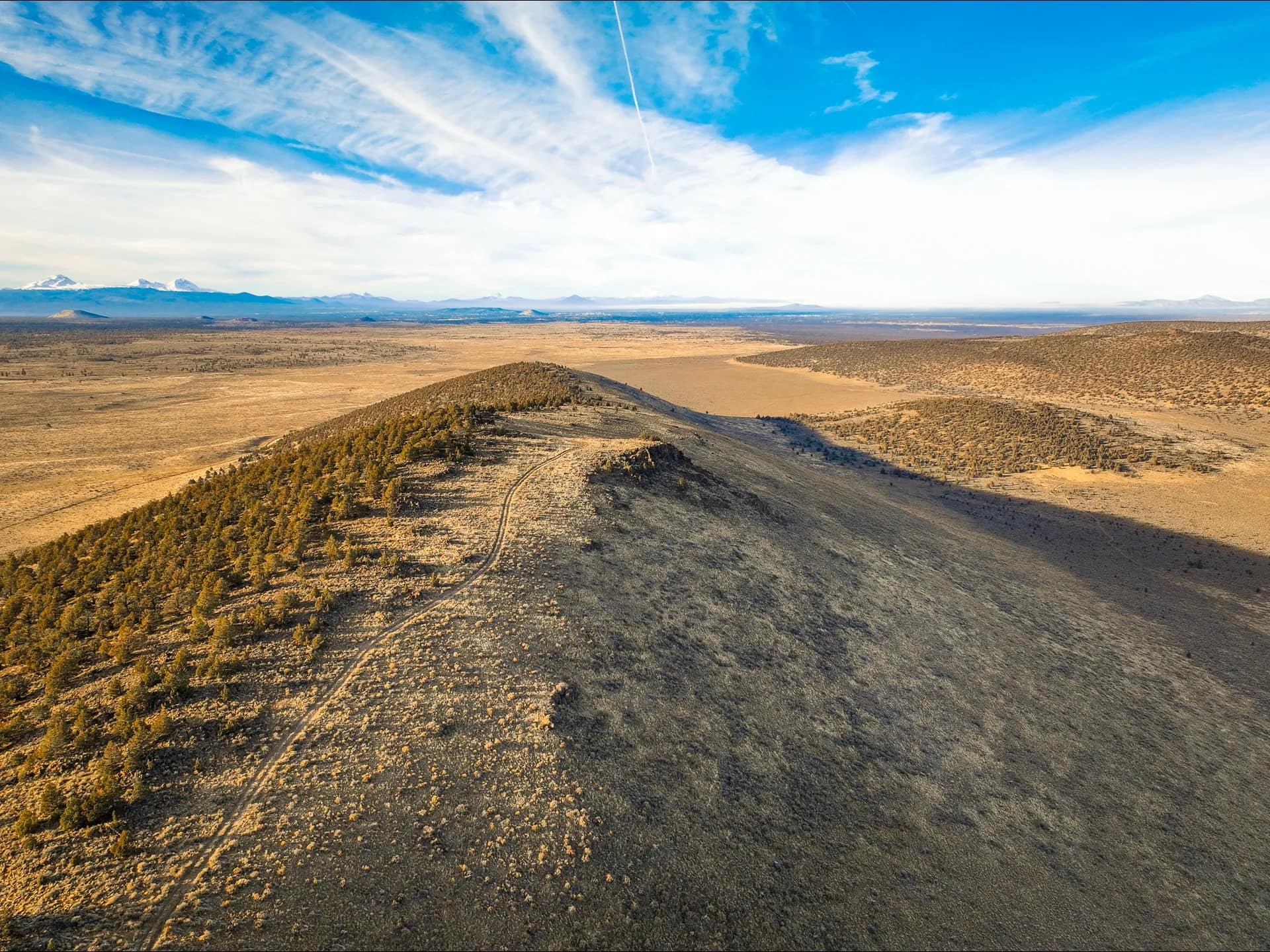Understanding Oregon’s Real Estate Landscape
Oregon’s geography is as varied as its property offerings, influencing the types and values of properties available. The state boasts a mix of urban settings, lush farmlands, dense forests, and stunning coastal views, each bringing its own charm and value proposition to the real estate market. Key areas attracting buyers include the bustling Portland metropolitan area, the fertile grounds of the Willamette Valley, and the scenic beauty of coastal regions, each offering distinct lifestyles and investment opportunities.Types of Properties Available in Oregon
Residential Properties:
- Cozy downtown apartments for urban living.
- Sprawling suburban homes perfect for families.
Commercial Real Estate:
- Retail spaces in high-traffic areas.
- Office buildings suitable for business ventures.
Agricultural Lands:
- Farms that highlight Oregon’s rich agricultural heritage.
- Ranches offering expansive rural living.
Recreational Properties:
- Vineyards, combining agriculture and leisure.
- Ranches for outdoor and farming enthusiasts.
- Waterfront homes provide scenic views and access to water activities.
Key Steps in the Property Buying Process
Navigating the property buying process in Oregon involves several key steps:- Market Research: Begin by researching Oregon’s diverse real estate market to understand current trends, prices, and available properties.
- Budget Planning and Financing: Assess your budget and explore financing options, including loans and mortgages, to determine your purchasing power.
- Working with Real Estate Agents: Collaborate with experienced agents, like those at Whitney Land Company, who can provide valuable insights and guidance specific to Oregon’s market.
- Property Viewing and Evaluation: Schedule visits to potential properties, evaluating each based on your criteria, such as location, size, and amenities.
Legal and Regulatory Considerations
Purchasing property in Oregon requires an understanding of various legal and regulatory considerations:- Property Laws and Regulations: Familiarize yourself with state-specific property laws to ensure compliance.
- Zoning Laws and Environmental Regulations: Investigate zoning laws that dictate land use and understand environmental regulations that could impact your property.
- Property Taxes: Consider property tax implications, which can vary significantly across different regions in Oregon.

